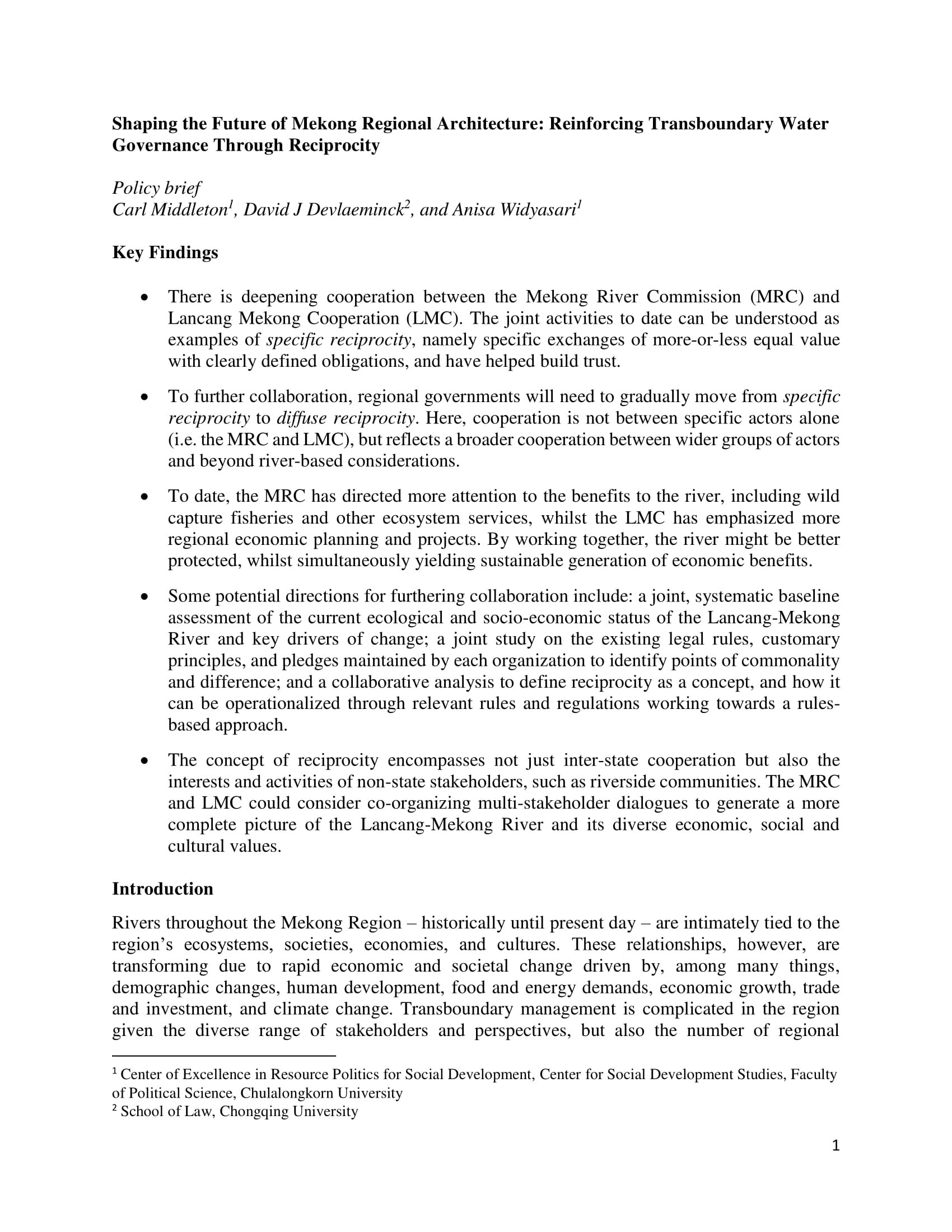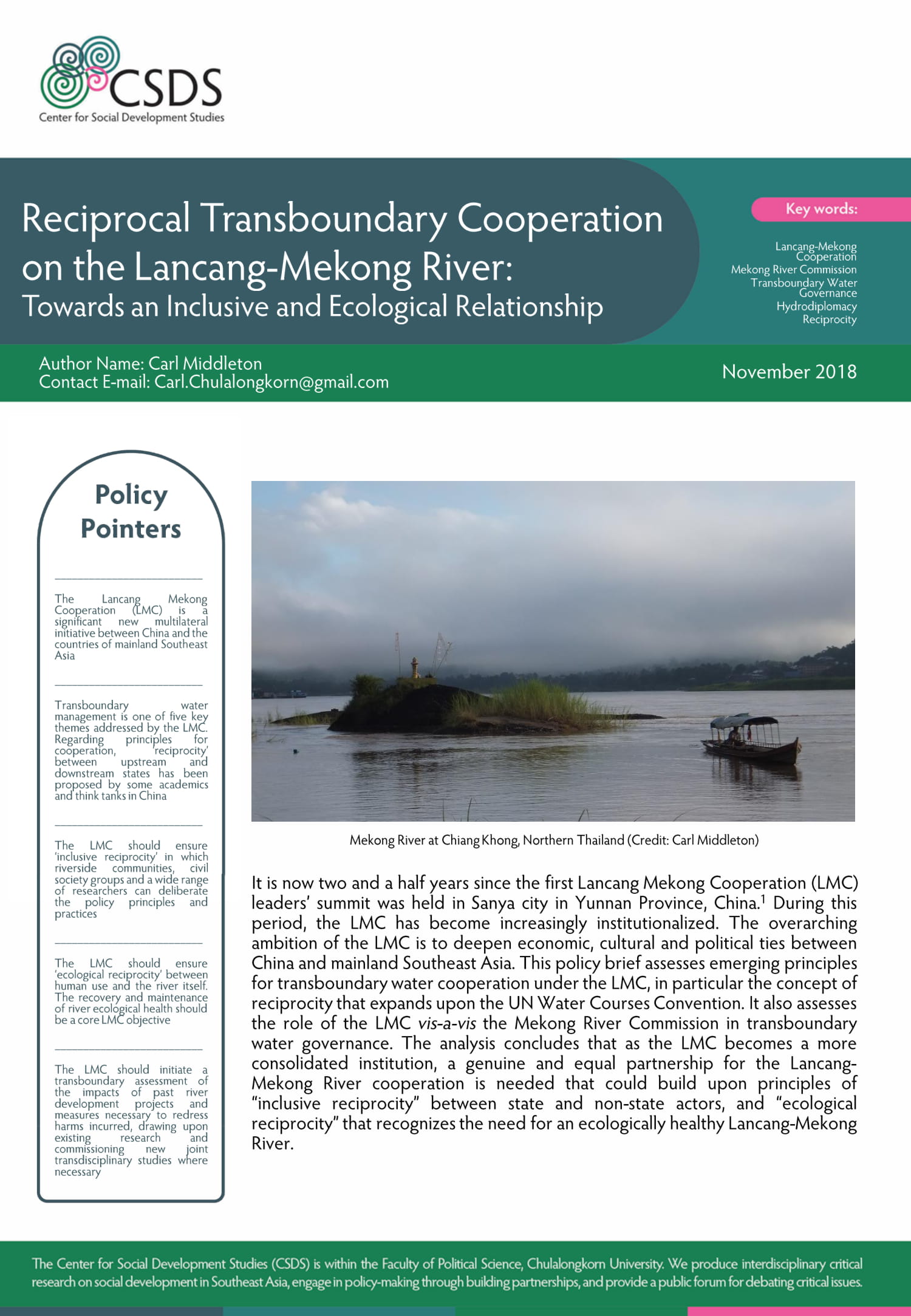ข้อเสนอแนะเชิงนโยบาย: การลงทุนในรถยนต์ไฟฟ้า (EV) ของจีนมีส่วนช่วยในการเปลี่ยนผ่านสู่ความเป็นมิตรต่อสิ่งแวดล้อมของประเทศไทยได้หรือไม่?
/ตีพิมพ์เมื่อ กรกฎาคม 2568:
หัวย้อ: การลงทุนในรถยนต์ไฟฟ้า (EV) ของจีน มีส่วนช่วยในการเปลี่ยนผ่านสู่ความเป็นมิตรต่อสิ่งแวดล้อมของประเทศไทยได้หรือไม่?
ดาวน์โหลดข้อเสนอแนะฯรูปแบบ PDF ที่นี่
เยี่ยมชม Just Futures Mekong Fellowship Program.
ผู้เขียน: Yuan Ye
ข้อเสนอแนะเชิงนโยบายฉบับนี้ วิเคราะห์โครงสร้างธรรมาภิบาลและผลกระทบในระดับพื้นที่ของการลงทุนในอุตสาหกรรมรถยนต์ไฟฟ้าจากจีนในประเทศไทย โดยมีจุดประสงค์เพื่อเป็นข้อมูลอ้างอิงเชิงประจักษ์สำหรับผู้กำหนดนโยบายและผู้มีส่วนเกี่ยวข้องในทั้ง 2 ประเทศเพื่อการวิจัย วิเคราะห์ และดำเนินการในอนาคตที่มุ่งสู่การพัฒนาที่ยั่งยืนในรูปแบบที่ครอบคลุม น่าเชื่อถือและเป็นธรรมมากยิ่งขึ้น





















